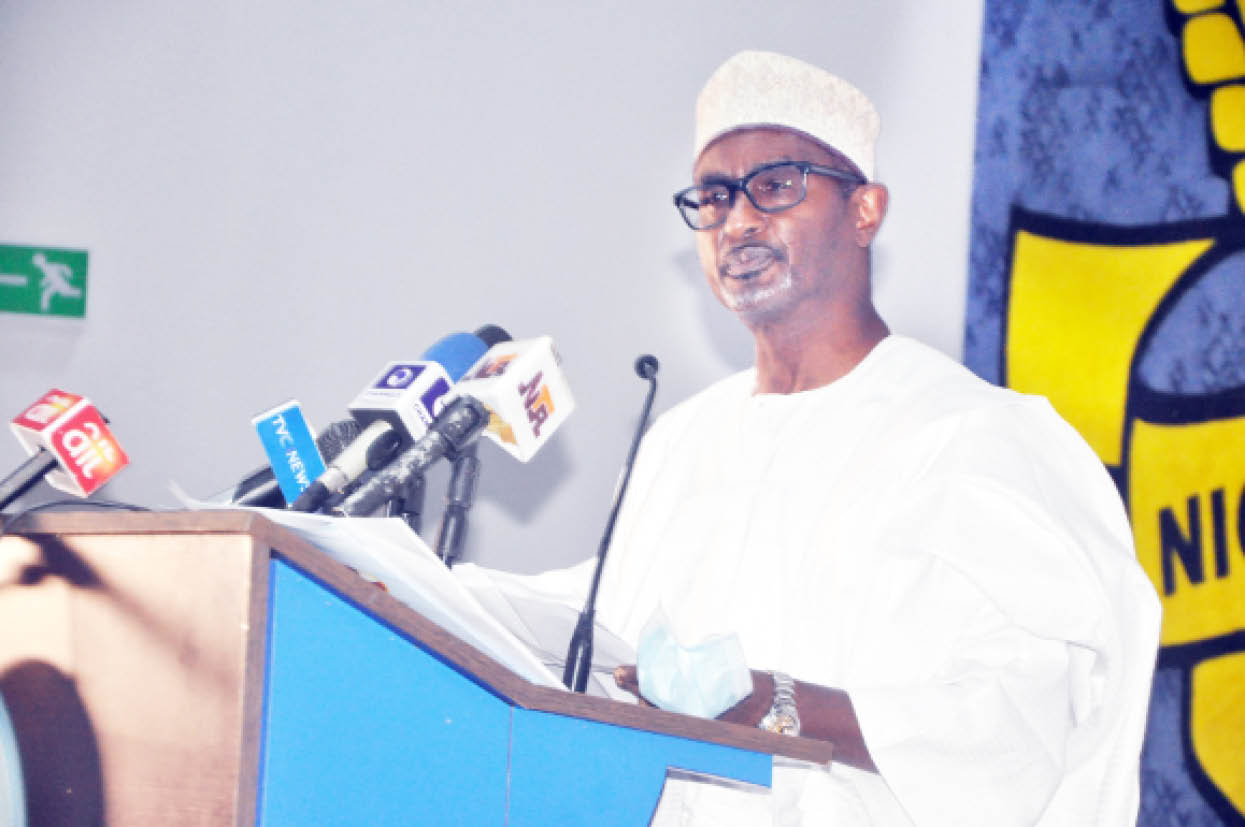Even without the covid-19 pandemic, and a second recession in five years, Nigeria is a very troubled country. There is widespread dissatisfaction in the land, but it is fair to ask, when have Nigerians ever been satisfied?
Also, if it is any comfort, we are not alone in our despair; we are in the not so good company, of Trump’s USA, Brexit Britain, post-election Ghana, COVID-challenged South Africa, Bobby Wine’s Uganda and Tunisia 10 years after Arab Spring.
- ‘IPOB security operatives kill 4 Hausa people in Imo’
- Why Buhari bowed to pressure on service chiefs
What seems special about Nigeria is that while the natives are permanently restless, there is no sense of urgency from their government.
Let me qualify that. When it is threatened, as during the EndSARS protests, the Buhari government can go into overdrive, sending ministers back to their constituencies. But then matters quickly return to the old normal.
The default position is to wait on events. Issue press statements, in response to recurring outrages; display pictures of meetings and briefings on television; and repeat promises of better days to come.
But in the seeming absence of systematic planning and diligent follow up, small gains are lost and progress is stalled.
This lack of vision and vigour, has affected everything, including dealing with urgent national issues. One of which is the agitation for ‘restructuring’, the subject of our discussion today.
During its campaigns, the ruling party pledged to introduce constitutional changes that will establish “true federalism”.
It set up a committee headed by Governor El-Rufai of Kaduna, which accepted many of the popular ideas of “restructuring”, including state police, revised formula of revenue sharing and abolition of local governments.
According to Chief Segun Osoba, former governor of Ogun State, and one of its leading lights, the El-Rufai report was discussed, adjusted and then adopted, at all levels of the party, including the all-powerful National Executive Committee (NEC).
Not much has been heard about the El-Rufai report since the APC was re-elected to a second term two years ago. Osoba said he is shocked that “some people sat on a report which in actual fact had gone through all the organs of the party which had in attendance the president and the governors.”
Well, there is another election coming soon and APC has to decide what to do with this hot potato. Daily Trust is making its contribution by putting together this exceptional panel, which has both depth and breath, to offer insight and ideas.
It is chaired by former President Dr Goodluck Ebele Jonathan, who did convene the 2014 constitutional conference, but left office before he could implement its report. The three key speakers are all well known.
Chief Ayo Adebanjo is perhaps the oldest practicing politician in Nigeria. Born in 1928, he joined the Zikist Movement in 1943, before finding his permanent home in the youth wing of Action Group, led by Chief Obafemi Awolowo. For 70 years he has been, and remains, one of the loudest and most consistent defenders of Yoruba interest in national politics.
Chief John Nwodo has just finished his tenure as the 9th President of the Ohana’eze Ndigbo, the socio-cultural group that represents the interests of Igbos in Nigeria and abroad. He was a minister of the federal republic twice, under President Shehu Shagari and General Abdulsalami Abubakar. Still shy of 70, more may still be heard from him in 2023 politics.
Professor Attahiru Jega is my generation, but has developed an early sense of responsibility, both personally and professionally. Still in his early sixties, he was president of the Academic Staff Union of Universities (ASUU) in late 1980’s, Vice Chancellor, Bayero University Kano and lately chairman of the Independent National Electoral Commission (INEC).
We think each of our three main speakers has brought something unique to the table, a blend of knowledge, character and experience, which are the building blocks of any serious enterprise.
Was Nigeria ever a great place to be? Can it be made great again? What is at the heart of our national dilemma, the structure or the culture? Is the problem, the absence of any particular set of laws or prevalence of too much lawlessness?
I have no doubt that we will hear words of wisdom from our panelists. We may even leave here as better citizens. Whether that will translate into a collective resolve to build a better Nigeria remains to be seen.
Kabiru A. Yusuf, Chairman of Media Trust Limited, delivered this welcome address at the 18th Daily Trust Dialogue with the theme ‘Restructuring: Why? When? How?’, held on Thursday, January 21, 2021, at the NAF Conference Centre and Suites, Abuja.

 Join Daily Trust WhatsApp Community For Quick Access To News and Happenings Around You.
Join Daily Trust WhatsApp Community For Quick Access To News and Happenings Around You.


